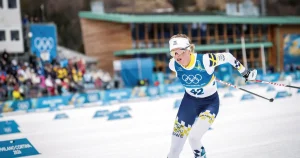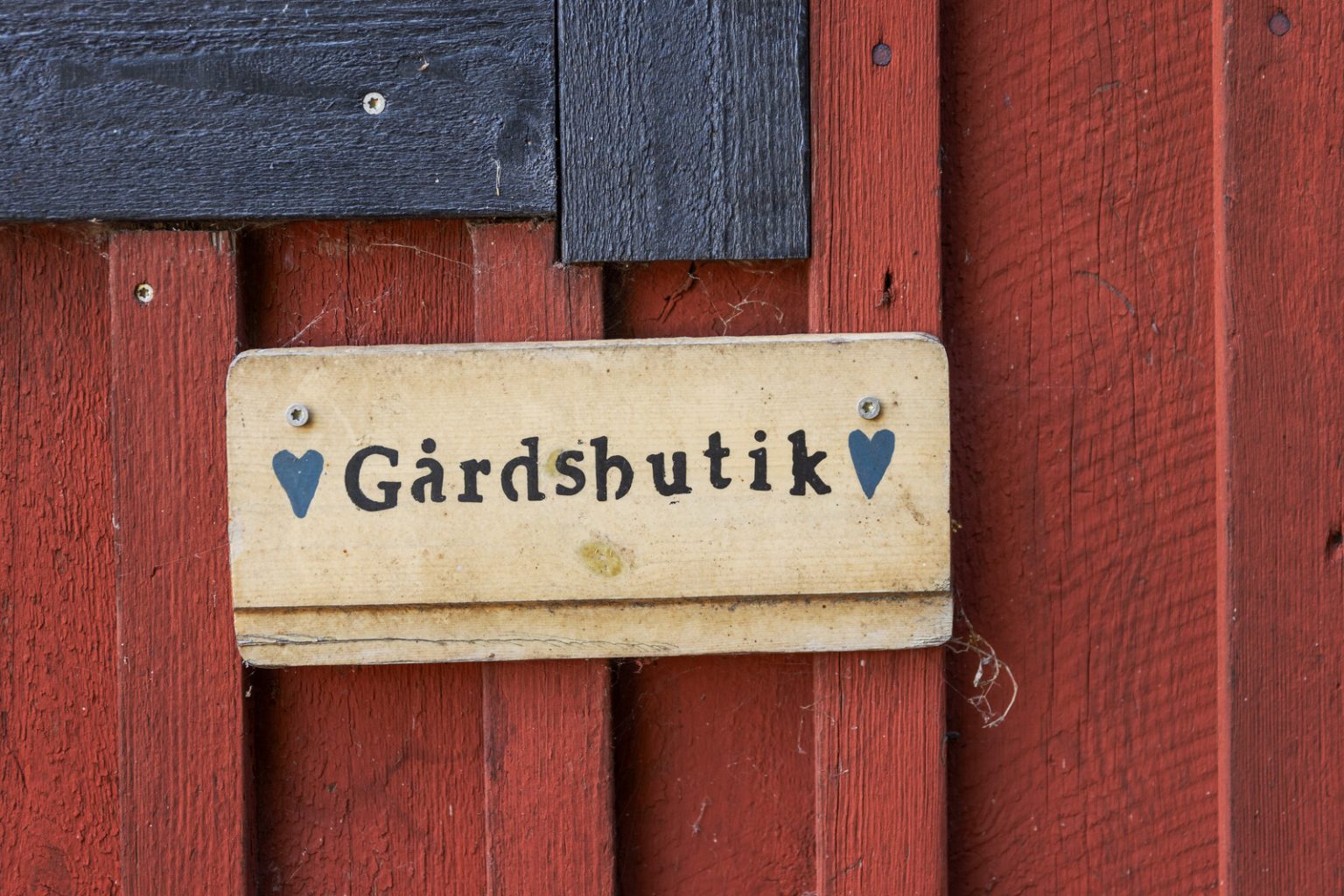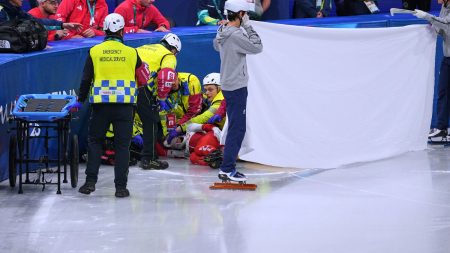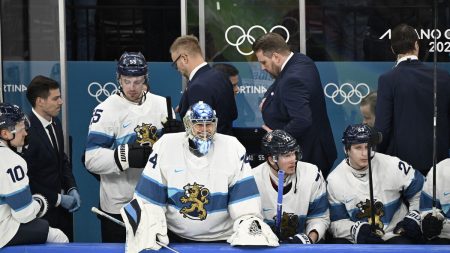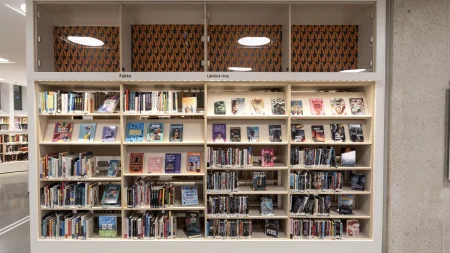The Swedish Österlen Winery, a picturesque vineyard nestled in the idyllic region of Österlen, Sweden, is poised for a significant shift in its operations. Currently, the winery offers tours and tastings, showcasing its locally produced wines to visitors from both Sweden and abroad. However, a long-standing legal hurdle has prevented these visitors from purchasing bottles of wine directly from the winery, a frustrating experience for both the tourists and the winery itself. This restriction has set Sweden apart as the only country in the European Union where direct sales of wine from wineries are prohibited, a peculiarity that has hampered the growth and accessibility of Swedish viticulture. The inability to offer on-site sales has been a recurring lament for the winery, particularly given the increasing number of international visitors eager to take home a taste of Österlen. This limitation has represented a lost economic opportunity for the winery and a disappointing conclusion to the visitor experience.
The prospect of change is finally on the horizon. After years of lobbying and negotiations, the European Commission has given the green light for farm sales of wine in Sweden. This landmark decision paves the way for wineries like Österlen to sell their products directly to consumers, effectively ending Sweden’s unique position within the EU. Social Minister Jakob Forssmed anticipates that these sales can commence as early as June 1st of this year, albeit with certain restrictions. While the precise nature of these limitations remains to be clarified, they are expected to include regulations on sales hours and the maximum quantity of wine that can be purchased per individual. Despite these anticipated constraints, the owner of Österlen Winery, Thorsten Persson, expresses cautious optimism. He recalls previous government promises for farm sales that ultimately failed to materialize, leaving him understandably hesitant to celebrate prematurely.
Thorsten Persson’s long journey towards securing on-site sales began over a decade ago with a visit from the then Minister of Agriculture, who promised the implementation of farm sales by 2012. This promise, like others that followed, went unfulfilled, leaving Persson and other Swedish wine producers in a state of regulatory limbo. The years of waiting and continued advocacy underscore the significance of the recent EU decision and the sense of anticipation within the Swedish wine industry. While the path to this point has been protracted and challenging, the possibility of finally realizing direct sales marks a turning point for wineries across the country.
Despite the anticipated restrictions on sales volume and hours, Persson remains positive about the potential impact of the new regulations. He views the limitations as manageable and believes they will not pose significant obstacles to successful on-site sales. For example, he suggests that couples visiting the winery could each purchase the allowed quantity, thereby maximizing their combined purchase and circumventing any individual limitations. This pragmatic approach reflects Persson’s eagerness to embrace the new opportunities afforded by the regulatory change, even if it requires some adjustments to accommodate the imposed restrictions.
From a logistical standpoint, Persson anticipates a seamless transition to on-site sales. He believes that the winery is well-equipped to handle the practical aspects of direct sales and anticipates minimal disruption to current operations. The primary remaining hurdle is clarifying the specific permit requirements for conducting on-site sales, a process he expects to be straightforward. His confidence in the winery’s readiness reflects years of preparation and anticipation for this long-awaited change. The simplicity of incorporating sales into existing operations highlights the fundamental nature of this shift for the winery’s business model.
The impending implementation of farm sales represents a transformative moment for the Swedish wine industry. For wineries like Österlen, it marks the end of a long period of regulatory constraint and opens the door to new growth opportunities. The ability to sell wine directly to visitors enhances the overall experience, providing a convenient and satisfying conclusion to winery tours and tastings. Moreover, it allows visitors to take a piece of the Österlen experience home with them, further promoting the winery and the region. This change promises to stimulate the local economy and elevate the profile of Swedish wines both domestically and internationally.



